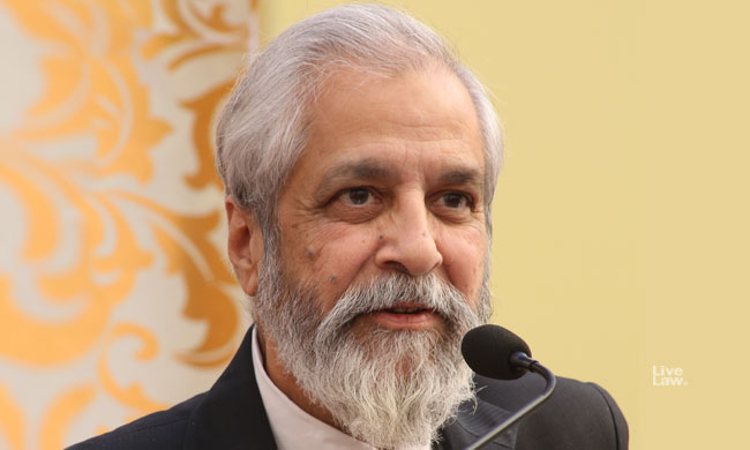'Unfair To Target A Lawyer For Appearing For A Particular Client' : Justice Lokur
Radhika Roy
21 Nov 2020 7:10 PM IST

Next Story
21 Nov 2020 7:10 PM IST
I think that it's unfair to target a lawyer for appearing for a particular client", said Justice (Retd.) Madan B. Lokur, former Judge of the Supreme Court of India at a virtual session hosted by Delhi High Court Women Lawyers Forum and Women in Criminal Law Association. "If a lawyer is dealing with hundreds of COFEPOSA cases, you can't say that he is also a smuggler. I don't think the...
